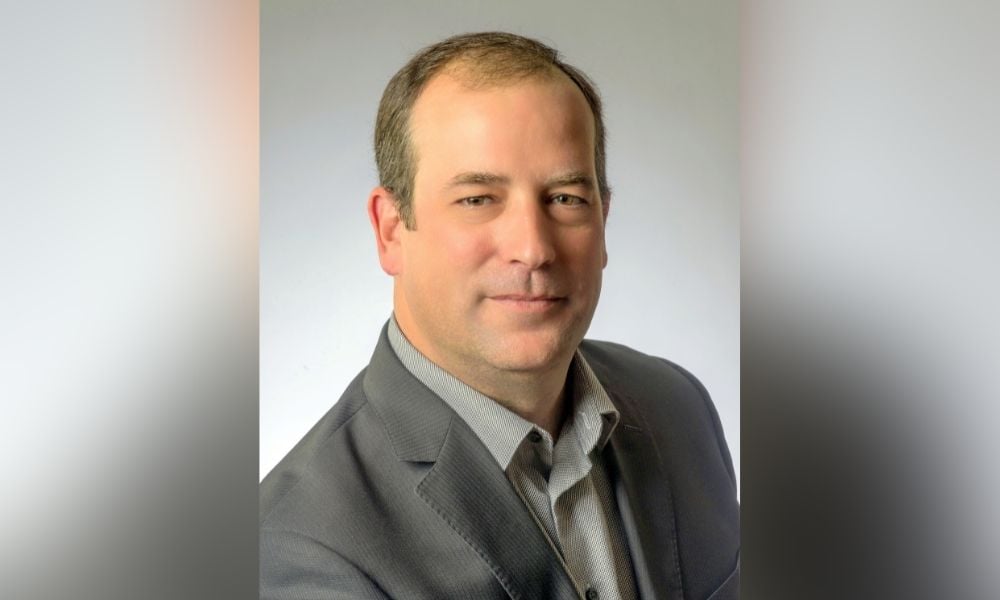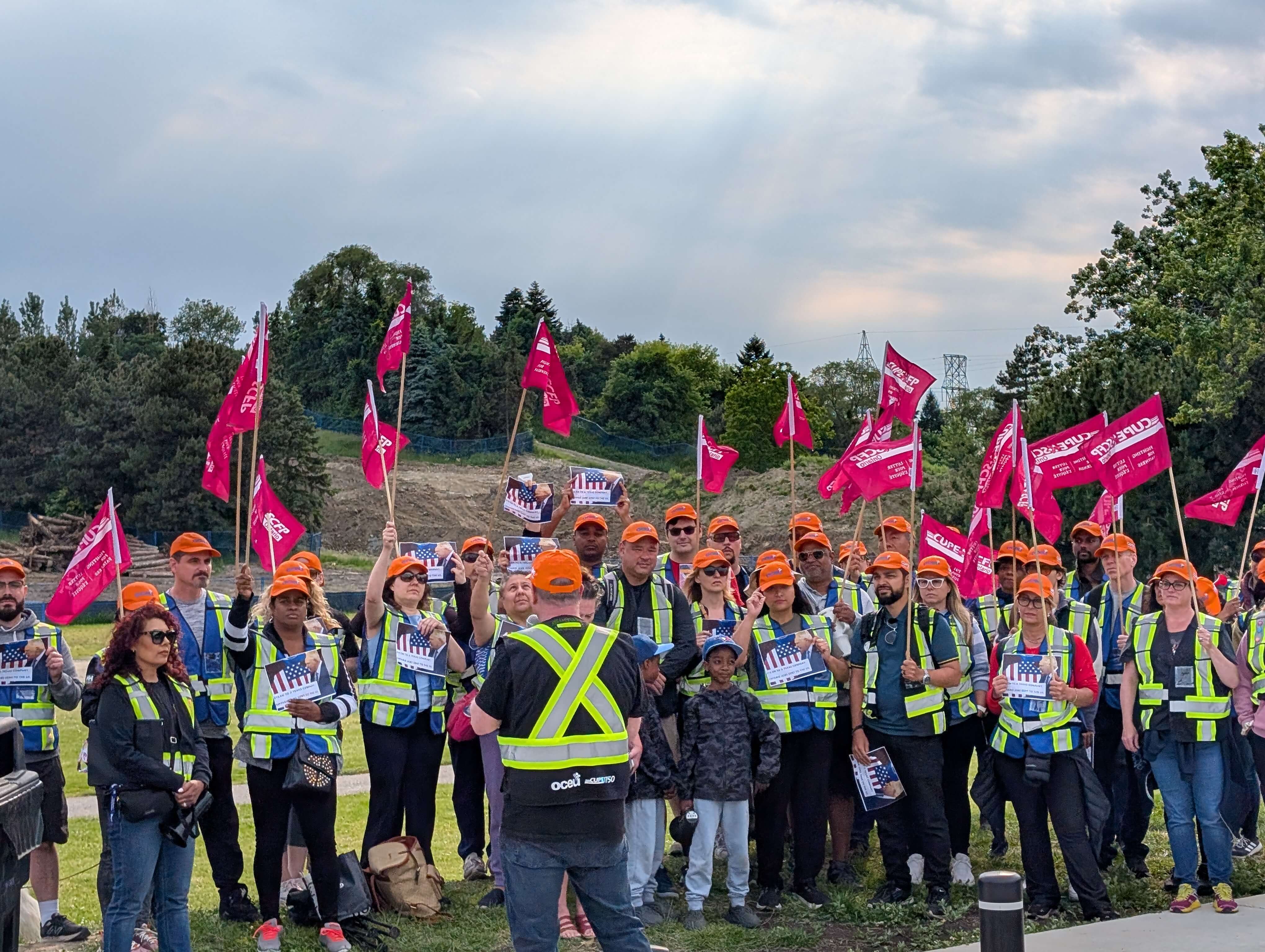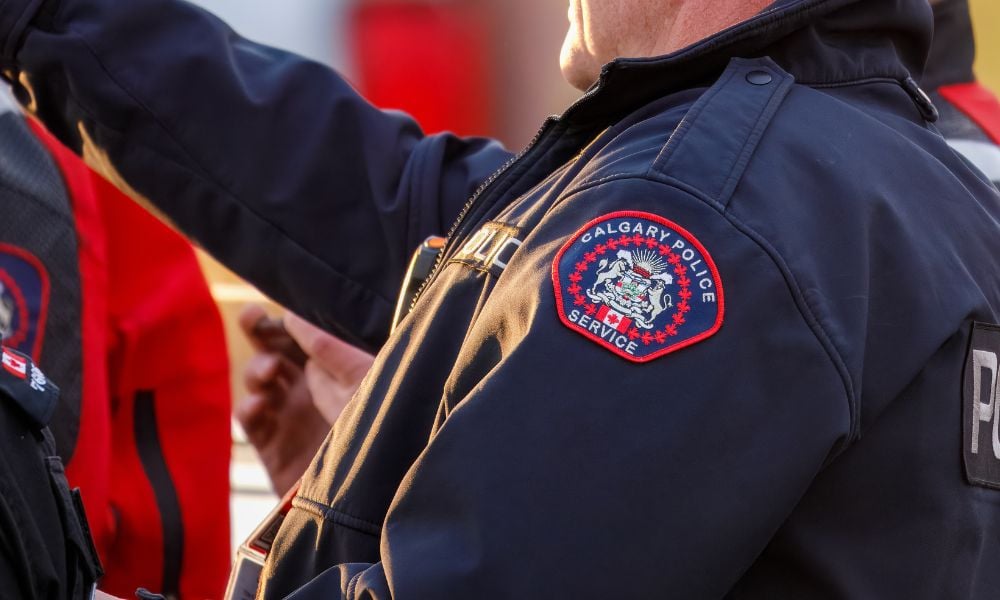Industry leader privileged to lead 'dynamic' and 'passionate' team

Safety is a “unique career that has an impact on the health and safety of others,” says Paul Andre.
Andre has a background in forestry and was working as a chainsaw operator and cable skidder operator when Ontario introduced legislation in the early ’90s for those professions and for mechanical equipment operators in the province.
Read more: How to choose the best chainsaw pants for your logging and forestry team
This new legislation required training on health and safety principles and practices related to the equipment being operated. Having taken the training, Andre went on to do training himself, notably with the Forest Products Accident Prevention Association (FPAPA).
This was his first foray into occupational health and safety. Andre is now President and CEO of Workplace Safety North (WSN).
Andre says that it is a “privilege” to lead his team, “it’s a dynamic, passionate group of safety professionals".
The organization is largely made up of safety professionals, “I’d say every one of those team members is really here because they’re passionate about occupational health and safety. They’re passionate about Ontario mine rescue, and they’re passionate about the mandate,” says Andre.
The team starts all of its meetings with either a safety, health or wellness share:
“We’re very structured in terms of our own health and safety system at work to protect our own employees – as you would expect from a safety association,” he says.
Externally, Andre says that the organization is constantly promoting safety:
“That’s part of our role in terms of communications and marketing of that information to our clients […] We leverage all of [the tools available] to get the message out there.”
WSN is one of four sector-based health and safety associations in the province:
“We provide health and safety training and consulting services to the mining, forestry, paper printing and converting sectors right across Ontario,” says Andre. “WSN has been fortunate to help lead the way on provincial evidence-based initiatives by conducting industry risk assessments and root-cause analyses of workplace injuries and illnesses in the mining and forest products industries, as well as developing training that can be used by all provincial health and safety association staff.”
Another unique component of WSN’s mandate is that it administers the Ontario mine rescue program on behalf of the province.
Andre says that the WSN is supporting essential industries, “our role is really about supporting those organizations to ensure their people return home safe and health at the end of each and every shift. There’s no greater responsibility than that, but there’s also no greater reward than knowing you positively impacted the lives of those that you interact with.”
Andre says that the pandemic has been a huge challenge for him and the organization, and a “unique experience.”
“Right from the onset, all of the sectors that we serve were deemed essential and never closed down […] We were quickly adapting and creating guidance material for [these] sectors. We were squarely focused on business continuity,” he says. “WSN led a hugely popular workplace mental health webinar series called ‘COVID-19 Conversations’ which helped people cope and learn from each other during the first year of the pandemic. From there, we have expanded workplace mental health offerings with free videos and sector-specific training.”
As well as ensuring that WSN was putting into place the needed controls to keep team members safe when delivering these services.
“It was important at the beginning of the pandemic to just be able to provide security of employment to our full team, and that flexibility to deal with online learning for children, or elder care,” says Andre. “It just reinforced the important of being a value-based leader – rooting your decisions in compassion, empathy and respect for your fellow co-workers.”





